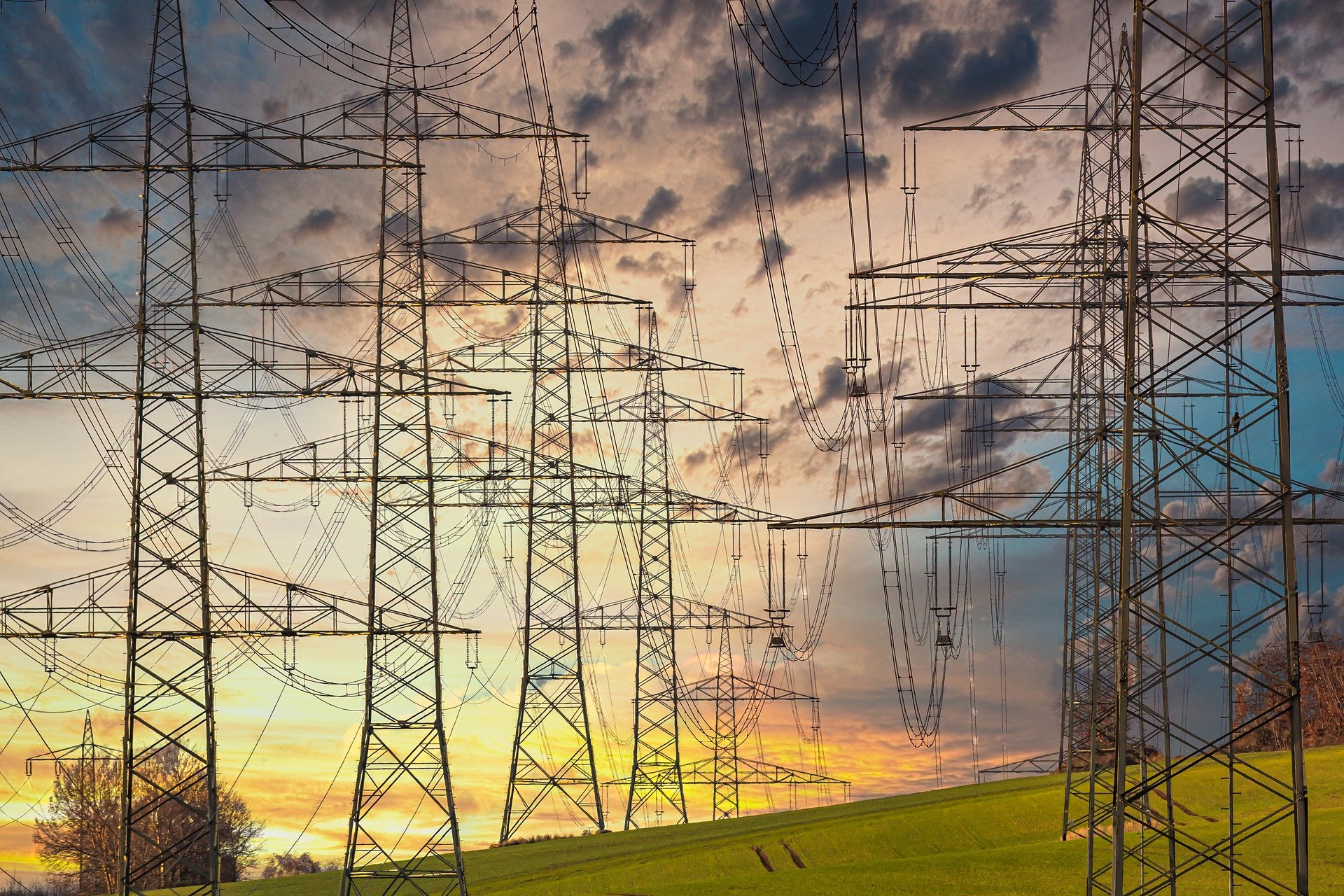Immediately after the adoption by the Council of Ministers, the draft act on emergency measures aimed at limiting the amount of electricity prices and supporting certain consumers in 2023 was submitted to the Sejm, where it was given a print number.
The draft was also sent for 1st reading at the meeting of the Committee on Energy, Climate and State Assets. The information on the date of the committee meeting has not been published yet, but the deadline for submitting the report by the parliamentary committee has been set – until October 19. A one-day plenary session of the Sejm is scheduled for October 20.
The project, as mentioned earlier, provides for the introduction of restrictions on the levels of revenues that can be obtained by energy producers, including renewable energy installations, as well as by trading companies.
Importantly, the content of the draft regulation that will determine the method of calculating the price limit for electricity producers, broken down by electricity generation technologies, constituting the ceiling of possible revenues, is still unknown.
The draft act in no way addresses issues related to the already concluded contracts for the purchase of energy from renewable sources and other types of contracts for the purchase of energy and hedging. In practice, the above will mean that producers who have concluded such contracts in order to hedge against fluctuations in energy prices on the wholesale market and who do not benefit from the currently observed high energy prices will be forced to terminate these contracts in order to avoid the need to settle virtual, in practice not obtained income.
On October 13, 2022, the Association, in connection with the publication of the project assumptions and reports on the detailed solutions provided for therein, sent the Minister of Climate and Environment a position regarding the assumptions in question. We encourage you to read the position of the Association, which is available at this link. The key problems described in the position paper remain valid also in relation to the official version of the bill.



